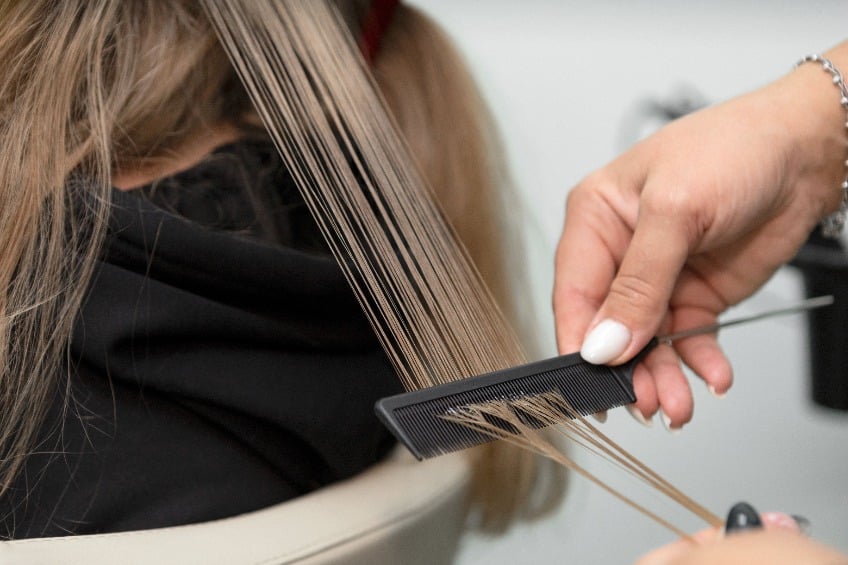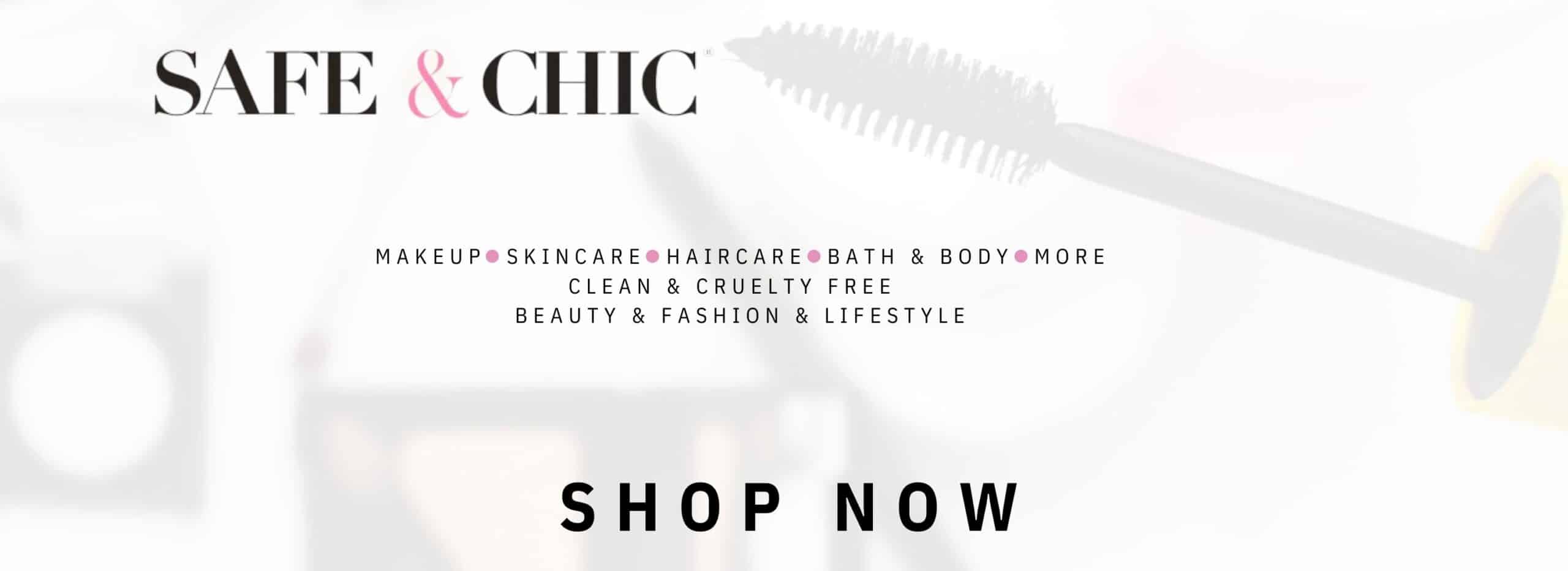By John Salak –
A stark warning from the National Institutes of Health (NIH) claims that women who use chemical hair straightening products are at a higher risk for uterine cancer than those who skipped these products.
The NIH got the data from a study of almost 35,000 women ages 35-74 over 11 years. Researchers found that women using hair straightening products at least four times a year were more than twice as likely to develop uterine cancer as those who avoided these products.
“We estimated that 1.64 percent of women who never used hair straighteners would develop uterine cancer by the age of 70; but for frequent users, that risk goes up to 4.05 percent,” reported Alexandra White, Ph.D., the study’s lead author. “This doubling rate is concerning. However, it is important to put this information into context—uterine cancer is a relatively rare type of cancer.”
The researchers noted that uterine cancer accounts for about 3 percent of all new cancer cases but is the most common cancer of the female reproductive system, with almost 66,000 reported in 2022. And while it is relatively rare, the NIH research team noted incidence rates have been rising in the United States, particularly among Black women.
Sixty percent of the study’s participants who used straighteners were self-identified Black women.
“Because Black women use hair straightening or relaxer products more frequently and initiate use at earlier ages than other races and ethnicities, these findings may be even more relevant for them,” added Che-Jung Chang, Ph.D., the study’s supporting author.
The NIH findings were consistent with prior studies showing straighteners can increase the risk of hormone-related cancers in women. It noted that several chemicals traditionally found in straighteners, such as parabens, bisphenol A, metals, and formaldehyde, could contribute to the increased uterine cancer risk.
“To our knowledge, this is the first epidemiologic study that examined the relationship between straightener use and uterine cancer,” said White. “More research is needed to confirm these findings in different populations, to determine if hair products contribute to health disparities in uterine cancer, and to identify the specific chemicals that may be increasing the risk of cancers in women.”
The researchers found no connection between uterine cancer and other hair products such as hair dyes, bleaches, highlights or perms. But in previous research, the team found that permanent hair dyes and straighteners may increase breast and ovarian cancer risk.
This 2019 study of more than 40,000 women found that those using hair dyes faced a nine percent higher risk of developing breast cancer than those who didn’t.
A study from the University of California – San Francisco reported that pregnant women face a range of cancer-causing chemicals, from hair coloring products to dishware, plastics and pesticides, that put them at greater risk of cancer than their unborn children’s development challenges.
Melamine and cyanuric acid were in nearly all study participants’ samples. The highest levels were in women of color and those with greater exposure to tobacco, the researchers noted.
“These chemicals are of serious concern due to their links to cancer and developmental toxicity, yet the United States does not monitor them,” said Tracey J. Woodruff, Ph.D., the study’s co-senior author.













